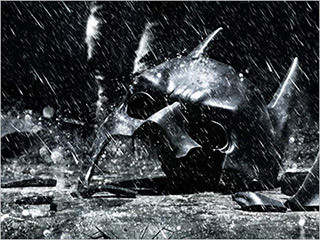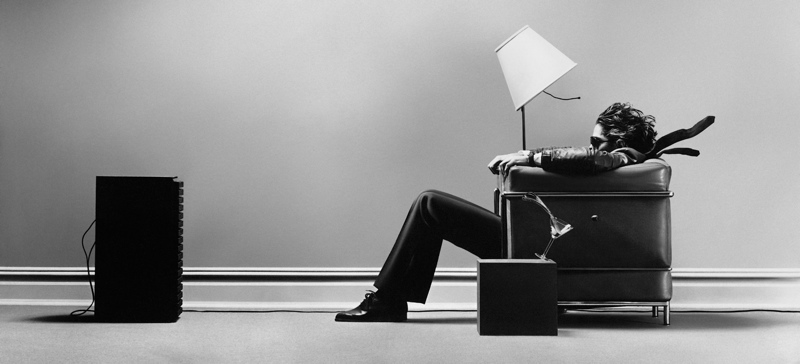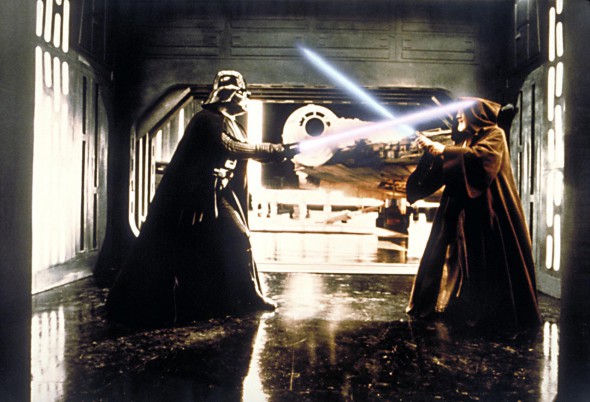 This past summer, I was one of the countless filmgoers that experienced 2012’s biggest action flick, The Dark Knight Rises, in a theatre fully equipped with the highest of high technology, namely, the colossal screen and larger-than-life surround sound. I can hardly say that I was disappointed. The sound in the film is incredibly nuanced, including the music, which is a digitally enhanced combination of both acoustic instruments and synthesized sounds. But in many scenes, I found it difficult to make out the dialogue because it kept getting swallowed up by a drum beat with a booming bass.
This past summer, I was one of the countless filmgoers that experienced 2012’s biggest action flick, The Dark Knight Rises, in a theatre fully equipped with the highest of high technology, namely, the colossal screen and larger-than-life surround sound. I can hardly say that I was disappointed. The sound in the film is incredibly nuanced, including the music, which is a digitally enhanced combination of both acoustic instruments and synthesized sounds. But in many scenes, I found it difficult to make out the dialogue because it kept getting swallowed up by a drum beat with a booming bass.

This difficulty even extended to the sounds of the voices themselves, especially that of the villain, who speaks through a Darth-Vader-like mouthpiece at all times. In fact, during a key scene in the film, when the villain unveils his evil plan to the city by speaking into a referee’s microphone at a football stadium full of fans, the ultra-enhanced quality of his voice made it impossible to hear everything he was saying. And apparently I was not the only one who felt this way because, in an animated parody by the website How It Should Have Ended, the scene is redone with a fan interrupting the villain by yelling out “Move the microphone away from your face! We can’t hear what you’re saying!” The villain then replies, “What? Move the microphone closer to my face? Is that what you said?”, whereupon the sound becomes even more muffled. How could such a richly nuanced sound experience end up being so unclear?
 As James Wierzbicki notes in Film Music: A History, sound quality in films took a quantum leap forward with the advent of Star Wars, which was the first film to feature Dolby sound through its entirety. Dolby technology virtually eliminated the “noise” or hiss in recordings made on magnetic tape and, importantly, separated the sound into more channels than existed before. Star Wars was produced in four-channel sound, and so if theatres wanted to show the film, they had to have Dolby equipment installed.
As James Wierzbicki notes in Film Music: A History, sound quality in films took a quantum leap forward with the advent of Star Wars, which was the first film to feature Dolby sound through its entirety. Dolby technology virtually eliminated the “noise” or hiss in recordings made on magnetic tape and, importantly, separated the sound into more channels than existed before. Star Wars was produced in four-channel sound, and so if theatres wanted to show the film, they had to have Dolby equipment installed.

With the overwhelming success of the film, high quality sound became a key ingredient in many blockbuster action films. And as Michel Chion points out in his book Audio-Vision, “the greatest sonic inventiveness has often gone into genre films—science fiction, fantasy, action and adventure films.” Since Star Wars, then, the most careful attention to sound has been in the broad genre of action, which is no surprise considering that the Oscars for Best Sound and Best Sound Editing most often go to such films.
What is surprising is that two months later when I saw The Dark Knight Rises again at a smaller theatre that had fewer speakers, the problem disappeared—the music’s drum beat didn’t bother me and I could finally make out all the dialogue, including the villain’s evil plan! Not only that, the whole film sounded more lifelike and, for that reason, just plain better.
In high-tech theatres, then, although the sound’s hyper-realism immerses us further into the film’s fictional world, its unnatural richness paradoxically renders it difficult to make out, which is ironic considering that the “best” theatres are generally considered to be those with the highest technology. Clearly, in the case of The Dark Knight Rises, and probably many other action films as well, it appears that this simply isn’t true.